Continuing the program of the 7th Session of the 15th National Assembly , on the morning of May 28, the National Assembly held a plenary session in the hall to discuss a number of contents with different opinions of the draft Law on Organization of People's Courts (amended).
Discussing at the meeting hall, National Assembly deputies highly appreciated the process of receiving, explaining and revising the draft Law. Emphasizing that this is a major law project, with many new policies and new regulations on the organization and operation of the Court, many new contents of a breakthrough nature, many contents approaching international standards, removing some practical obstacles, in accordance with the 2013 Constitution and institutionalizing viewpoints and policies according to the Party's Resolutions on judicial reform, on continuing to build a socialist rule-of-law State of Vietnam in the new period with a focus on innovation in the organization and operation of the People's Court (TAND).
Delegates gave their opinions on many specific contents to continue perfecting the draft Law such as: regulations on People's Courts exercising judicial power; authority to establish and dissolve People's Courts; on specialized People's Courts of first instance; participation and information activities at court sessions; innovation of People's Courts according to trial jurisdiction; protection of the Court; term of office of judges and many other important contents.
During the discussion session, delegate Tran Thi Hong Thanh, Deputy Head of the Provincial National Assembly Delegation, participated in the debate in the hall with the opinions of two delegates from Ho Chi Minh City on the proposal to maintain the regulation that the Court is responsible for collecting evidence as in the current law.
According to the delegate, the draft regulation that the Court is not obliged to collect evidence in Article 15 of the draft Law is suitable in theory and practice, ensuring the principle of litigation in trials, institutionalizing the orientation in Resolution 27-NQ/TW which is "building a judicial procedure institution with trial as the center, litigation as a breakthrough; ensuring democratic, fair, civilized judicial proceedings...".
In theory, the Court directly collecting evidence and then judging based on the evidence it has collected itself can easily be biased, disregarding other sources of evidence collected by the parties, affecting the principles of impartiality and objectivity, and limiting the implementation of the requirement to enhance litigation in trials.
Furthermore, in civil and administrative cases, the burden of proof rests with the parties. The court's collection of evidence may lead to the collection of evidence that is favorable or unfavorable to one of the parties, and does not ensure the principle that "civil matters depend on both parties".
In addition, removing the regulation on the Court collecting evidence also contributes to enhancing the responsibility and initiative of the parties in collecting and providing evidence; raising the awareness of the parties right from the time of participating in transactions and relationships until disputes arise and their responsibility when exercising the right to file a lawsuit.
However, this provision will lead to amendments to a number of provisions of the Criminal Procedure Code, the Civil Procedure Code, and the Administrative Procedure Law on this content. Meanwhile, the implementation of relevant laws has not been comprehensively summarized and evaluated regarding the collection of evidence documents by the Court. In fact, the level of education, awareness, and understanding of the law of a part of the people today still has certain limitations, while the team of lawyers and defenders has not yet fully met the people's requirements.
Therefore, delegate Tran Thi Hong Thanh suggested that the drafting agency should continue to review and evaluate the impact of adjusting these tasks and powers more carefully, and research effective solutions to guide and support parties in collecting, providing, and submitting documents and evidence.
In the afternoon, the National Assembly discussed in the hall a number of contents with different opinions in the draft Law on the Capital (amended).
Minh Ngoc
Source



![[Photo] Cat Ba - Green island paradise](/_next/image?url=https%3A%2F%2Fvphoto.vietnam.vn%2Fthumb%2F1200x675%2Fvietnam%2Fresource%2FIMAGE%2F2025%2F12%2F04%2F1764821844074_ndo_br_1-dcbthienduongxanh638-jpg.webp&w=3840&q=75)




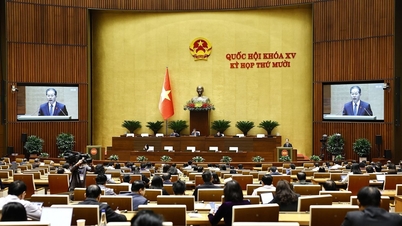

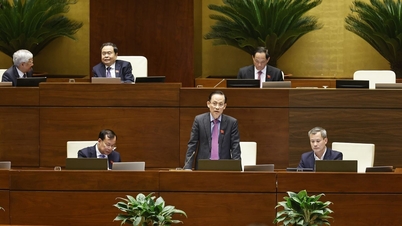
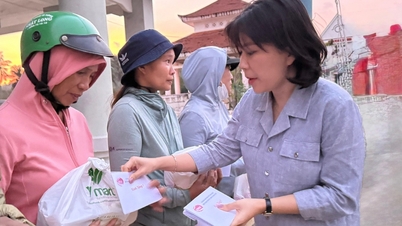

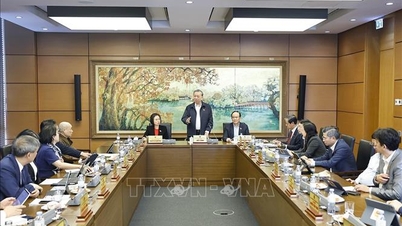
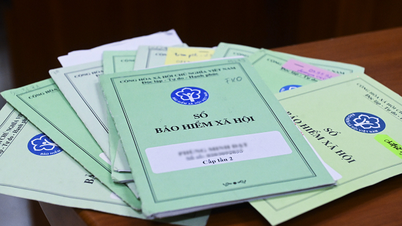
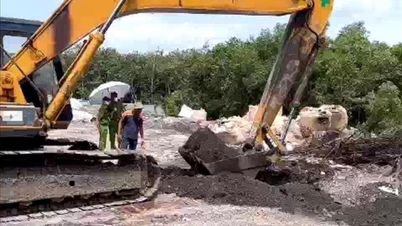
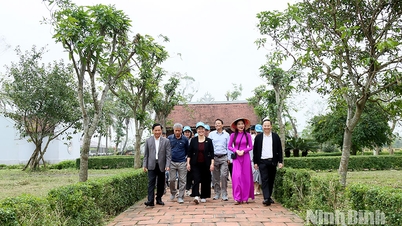



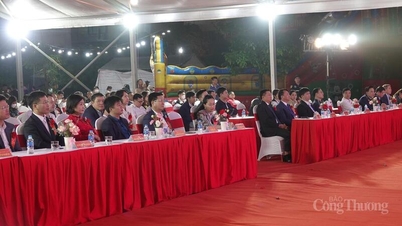









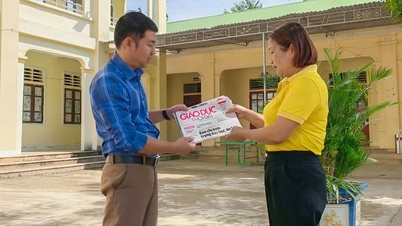
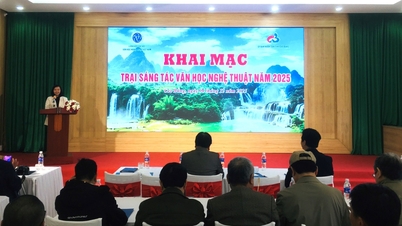




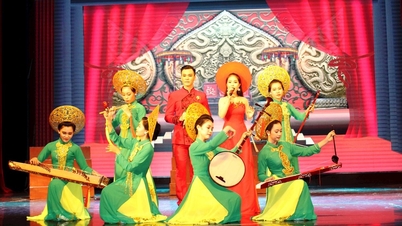


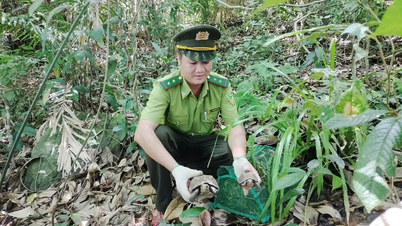


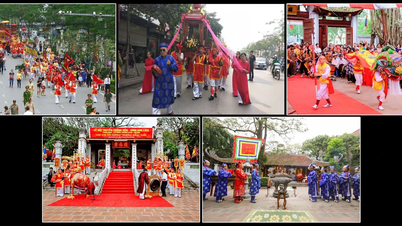

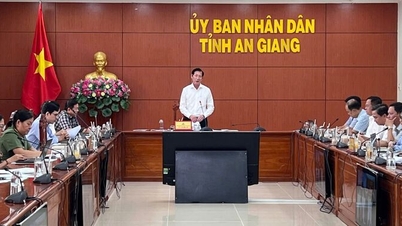



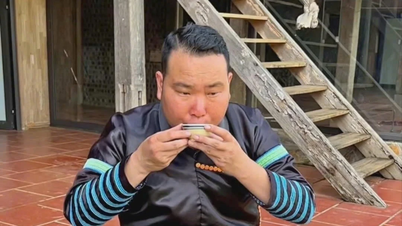








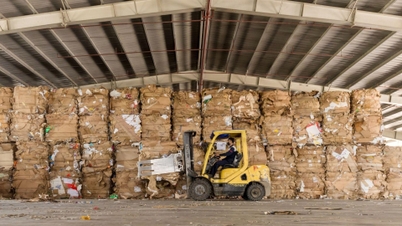



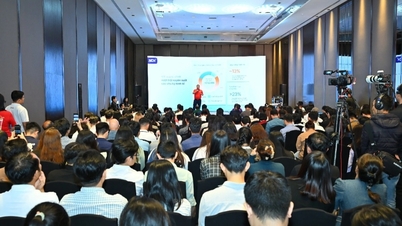












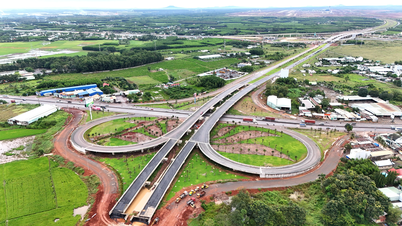

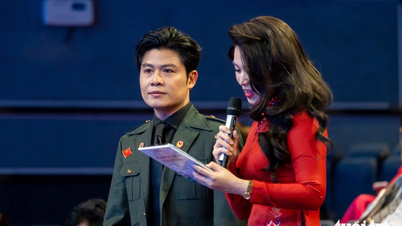



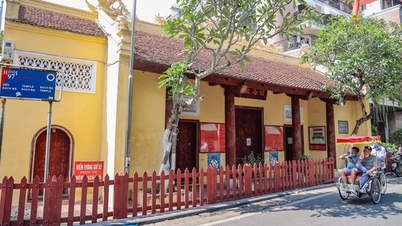

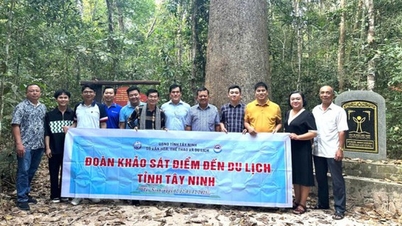
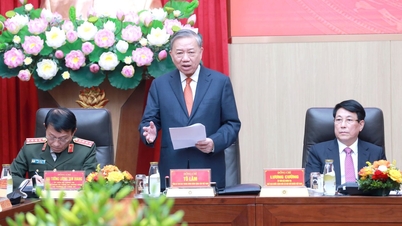

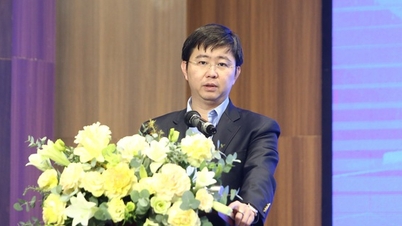



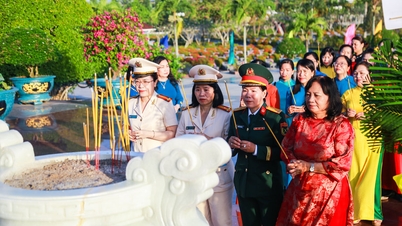

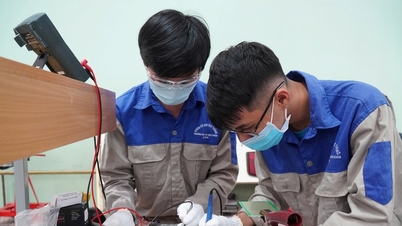



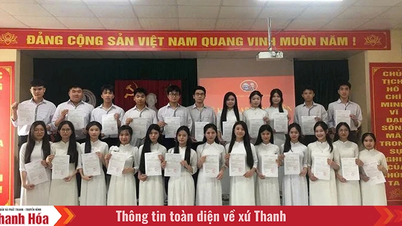












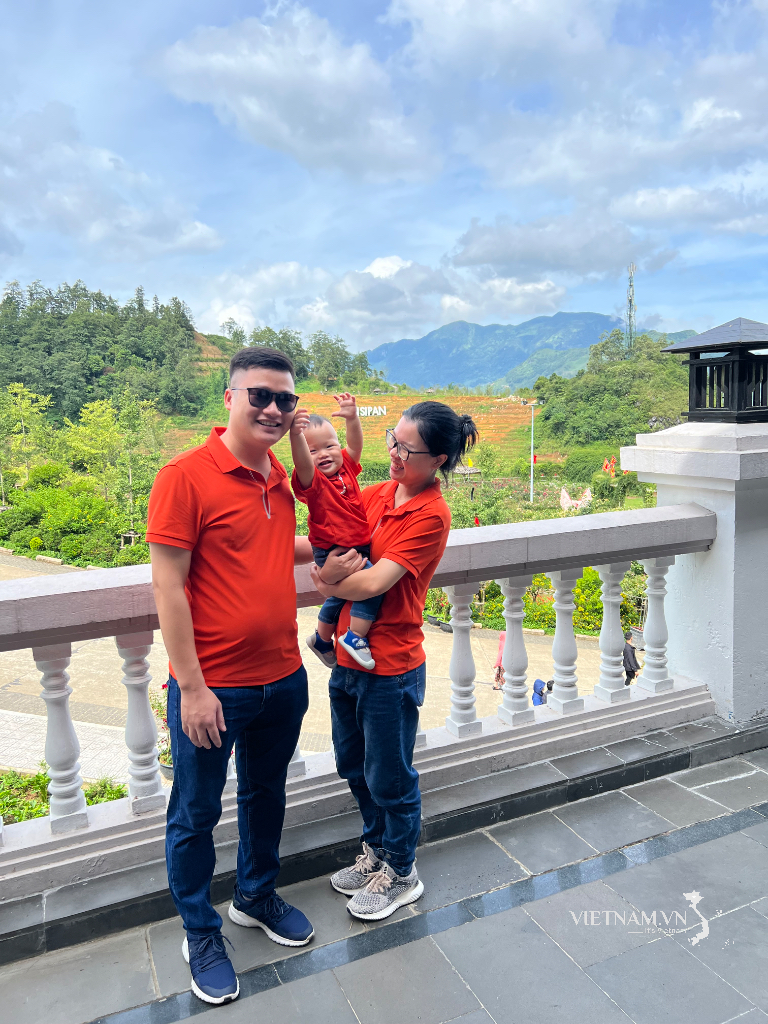


Comment (0)